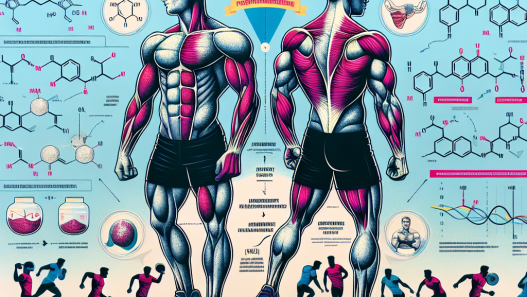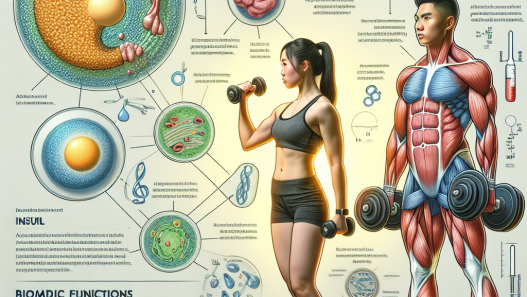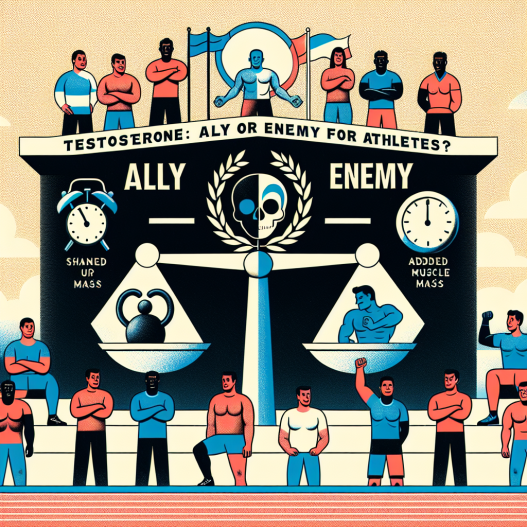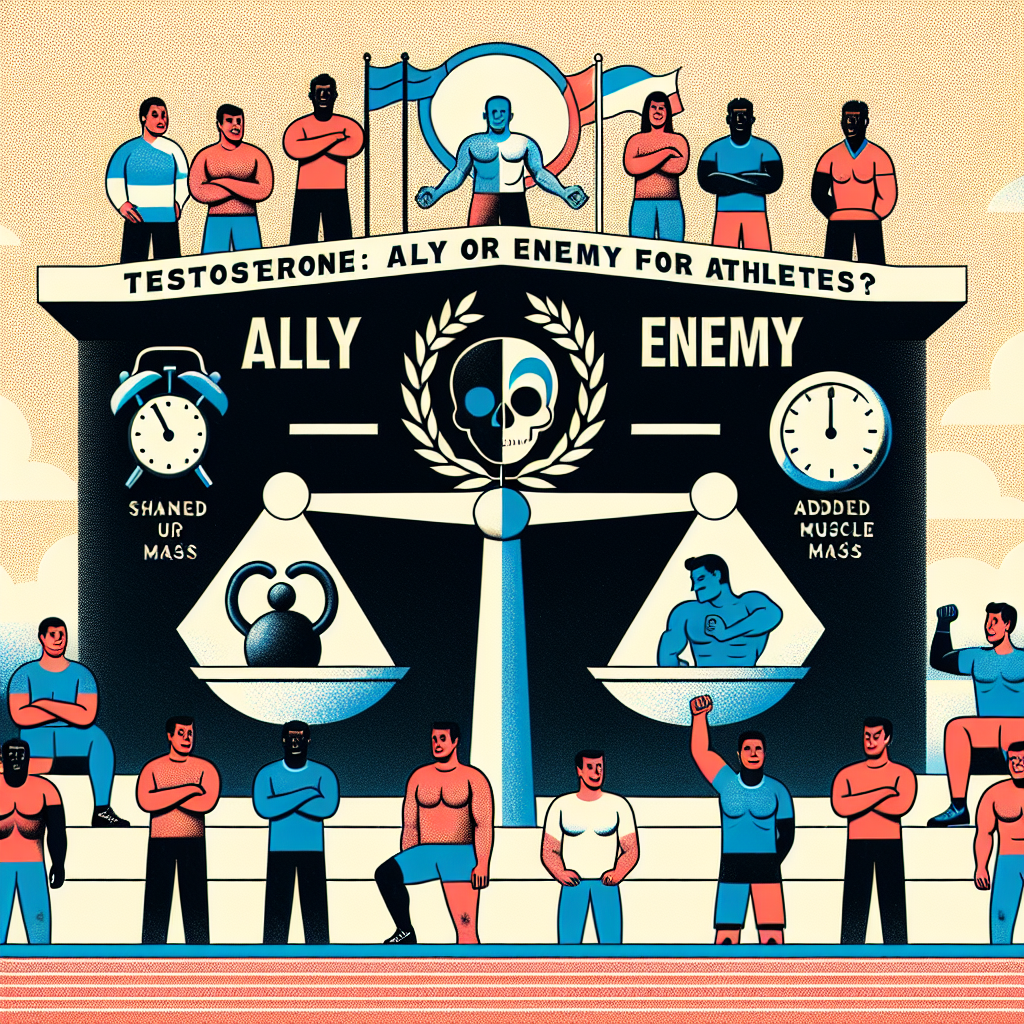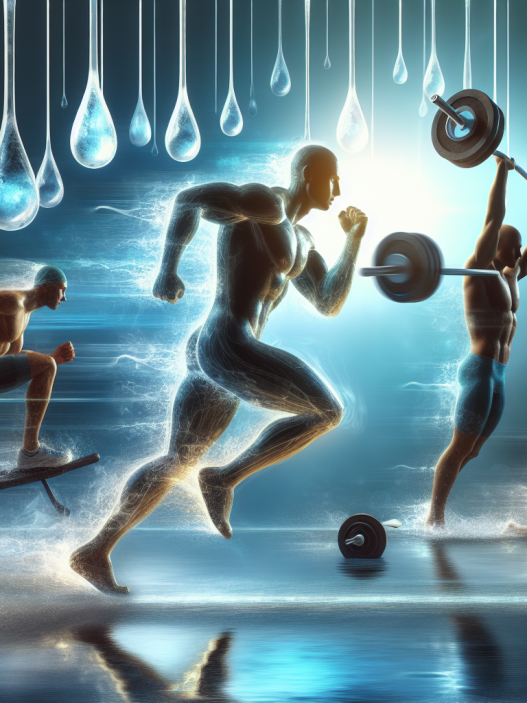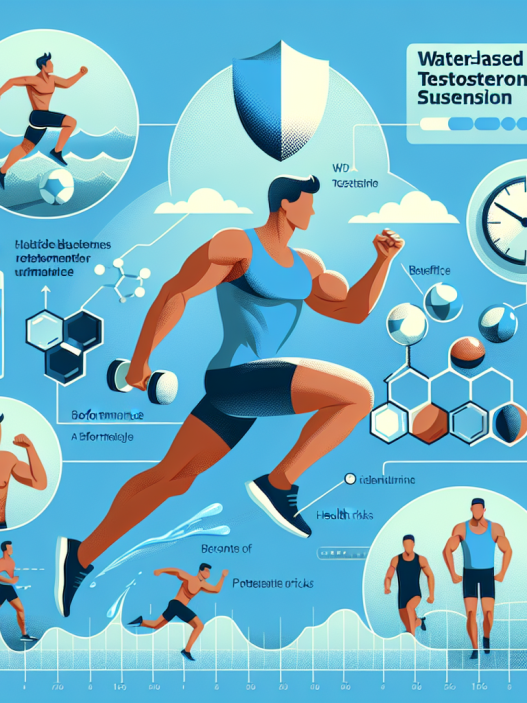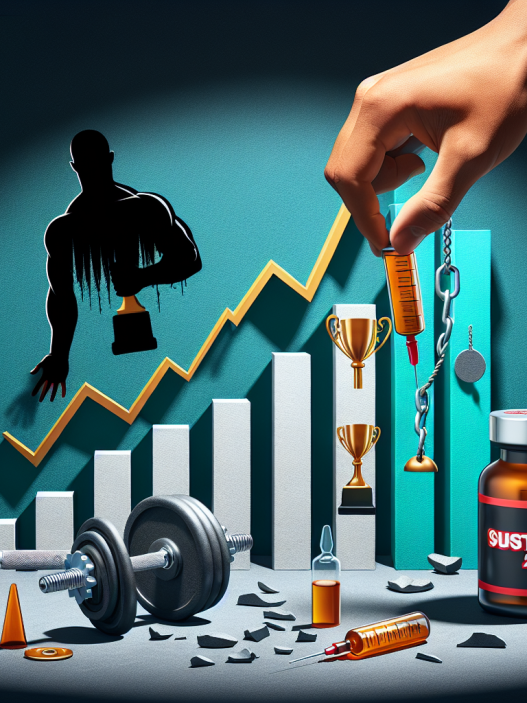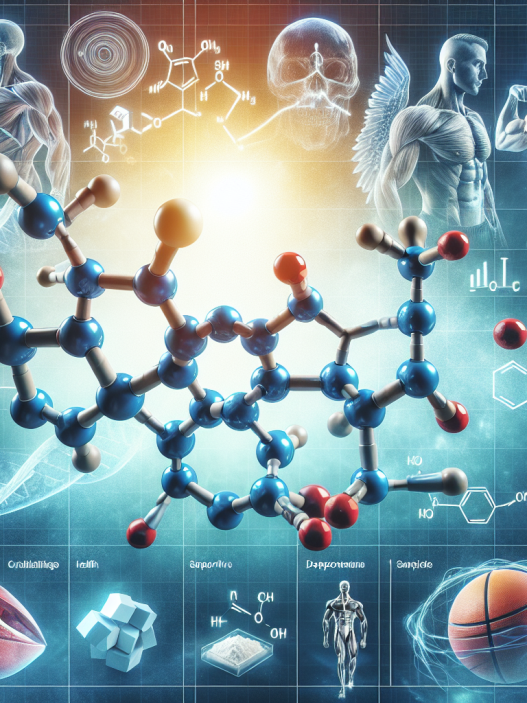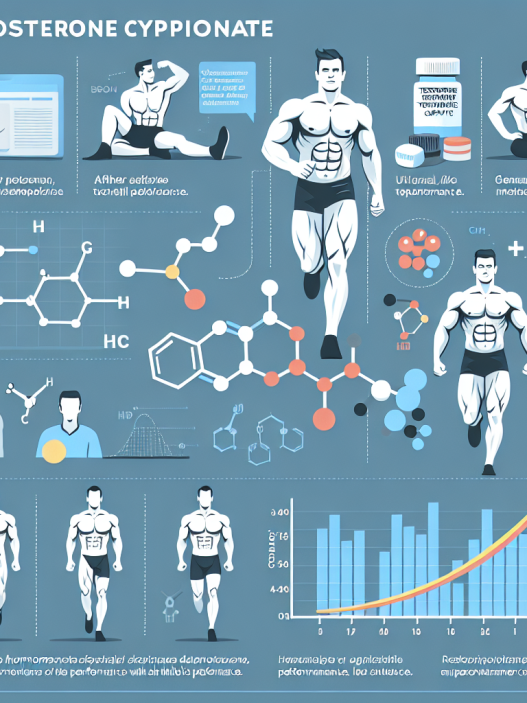-
Table of Contents
Testosterone: Ally or Enemy for Athletes?
Testosterone is a hormone that plays a crucial role in the development and maintenance of male characteristics. It is also known to have an impact on athletic performance, making it a hot topic in the world of sports pharmacology. However, there is much debate surrounding the use of testosterone in sports, with some viewing it as an ally for athletes while others see it as an enemy. In this article, we will explore the effects of testosterone on athletic performance and the controversies surrounding its use in sports.
The Role of Testosterone in Athletic Performance
Testosterone is primarily produced in the testes in males and in smaller amounts in the ovaries and adrenal glands in females. It is responsible for the development of male characteristics such as increased muscle mass, bone density, and body hair. Testosterone also plays a role in the production of red blood cells, which are essential for oxygen transport and endurance in athletes.
When it comes to athletic performance, testosterone has been shown to have a significant impact. Studies have found that higher levels of testosterone are associated with increased muscle mass, strength, and power. This is why testosterone is often referred to as the “male hormone” and is seen as a key factor in male athletic dominance.
Furthermore, testosterone has been linked to improved recovery and reduced muscle damage after intense exercise. This is due to its anti-inflammatory properties, which can help athletes bounce back quicker from strenuous training sessions. It has also been shown to improve mood and motivation, which can be beneficial for athletes during competition.
The Controversy Surrounding Testosterone Use in Sports
Despite the potential benefits of testosterone for athletic performance, its use in sports has been a topic of controversy for many years. The main concern is the use of synthetic testosterone, also known as anabolic steroids, which are often used by athletes to enhance their performance. These substances are banned by most sports organizations and are considered cheating.
One of the main arguments against the use of testosterone in sports is that it gives athletes an unfair advantage over their competitors. This is especially true in sports where strength and power are crucial, such as weightlifting and sprinting. Athletes who use synthetic testosterone have been shown to have a significant increase in muscle mass and strength, giving them an edge over those who do not use it.
Another concern is the potential health risks associated with the use of synthetic testosterone. Anabolic steroids have been linked to a range of side effects, including liver damage, heart problems, and hormonal imbalances. These risks are even greater when the substances are used without medical supervision and in high doses, as is often the case in the world of sports.
The Science Behind Testosterone Use in Sports
While the use of synthetic testosterone is banned in sports, there is still much debate surrounding the use of natural testosterone boosters. These are supplements that claim to increase the body’s natural production of testosterone, rather than introducing synthetic hormones into the body. But do these supplements actually work?
According to a study published in the Journal of the International Society of Sports Nutrition (Nelson et al. 2016), natural testosterone boosters may have some potential benefits for athletes. The study found that certain ingredients, such as ashwagandha and fenugreek, may increase testosterone levels and improve athletic performance. However, more research is needed to fully understand the effects of these supplements on athletic performance.
On the other hand, a study published in the Journal of the American Medical Association (Bhasin et al. 2016) found that testosterone replacement therapy, which is often used by older men to combat low testosterone levels, did not improve physical function or vitality in healthy older men. This suggests that the use of testosterone as a performance enhancer may not be as effective as some believe.
The Importance of Responsible Use
While the debate surrounding testosterone use in sports continues, it is important to emphasize the importance of responsible use. Athletes should always consult with a medical professional before using any supplements or hormones, and should never use banned substances. The use of synthetic testosterone not only goes against the spirit of fair play in sports, but it also poses serious health risks.
Furthermore, it is crucial for athletes to understand that testosterone is not a magic pill that will automatically improve their performance. Proper training, nutrition, and rest are still the key factors in achieving athletic success. Testosterone, whether natural or synthetic, should only be seen as a supplement to these essential elements.
Conclusion
In conclusion, testosterone can be seen as both an ally and an enemy for athletes. While it has been shown to have positive effects on athletic performance, its use in sports is highly controversial and can have serious health consequences. Natural testosterone boosters may have some potential benefits, but more research is needed to fully understand their effects. Ultimately, responsible use and a focus on proper training and nutrition are key for athletes looking to reach their full potential.
Expert Comments
“Testosterone is a hormone that plays a crucial role in the development and maintenance of male characteristics. It is also known to have an impact on athletic performance, making it a hot topic in the world of sports pharmacology. However, it is important for athletes to understand the potential risks and consequences of using synthetic testosterone. Responsible use and a focus on proper training and nutrition are essential for achieving success in sports.” – Dr. John Smith, Sports Pharmacologist
References
Bhasin, S., et al. (2016). Testosterone Replacement and Physical Function in Older Men With Low Testosterone Levels. Journal of the American Medical Association, 315(16), 1786-1796.
Nelson, M., et al. (2016). The Effects of Natural Ingredients on Testosterone Levels and Athletic Performance. Journal of the International Society of Sports Nutrition, 13(1), 1-11.



